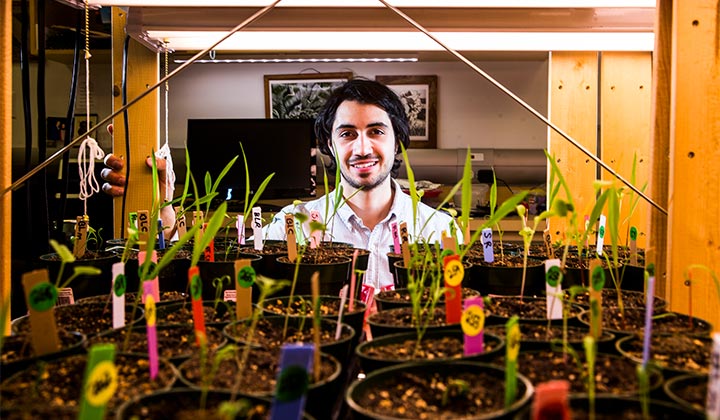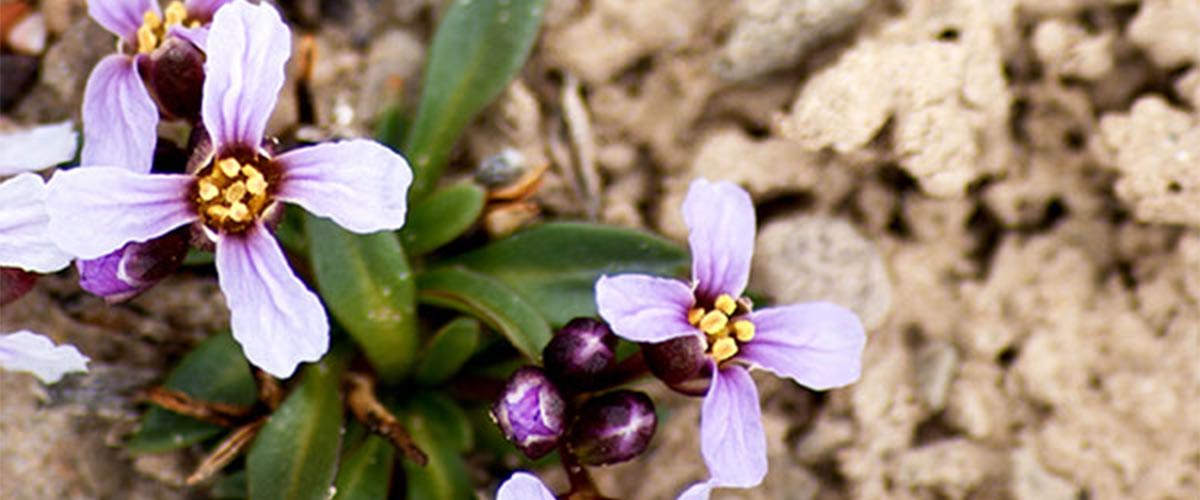Environmental Applied Science and Management (MASc, PhD)

Format: Full-time (MASc, PhD), Part-time (MASc)
Degree Earned: Master of Applied Science or PhD
The MASc and PhD programs provide a wide range of educational and research opportunities. The curriculum in each reflects the view that professional success in the field of environmental science and management requires individuals to build on their existing skills and knowledge to develop a broad-based interdisciplinary perspective. Students are supported by more than 100 faculty members and external associates from the full range of environmental disciplines including science, the social sciences, engineering, business, architecture, planning and public health.

MASc
- Completion of a four-year undergraduate (or equivalent degree) from an accredited institution
- Minimum grade point average (GPA) or equivalent of 3.00/4.33 (B) in the last two years of study
- Statement of interest
- Resumé/CV
- Transcripts
- Two letters of recommendation
- English language proficiency requirement
PhD
- Completion of a master’s degree from an accredited institution
- Minimum grade point average (GPA) or equivalent of 3.33/4.33 (B+)
- Statement of interest
- Resumé/CV
- Transcripts
- Two letters of recommendation
- English language proficiency requirement
More information on admission requirements. Due to the competitive nature of our programs, it is not possible to offer admission to everyone who applies that meets the minimum entrance requirements for the program.
Students are encouraged to submit applications prior to the first consideration date to increase their chances of securing financial support for their graduate studies. Applications received after the first consideration date will be accepted and reviewed based on spaces remaining in the program.
See application dates.
For detailed graduate tuition and fees information please visit Fees by Program.
For information on scholarships, awards and financing your graduate studies visit Financing Your Studies.
- Assessment of Solar Energy Policy
- Automating GIS Input for Distributed Urban Drainage Modelling
- Best Practices For Mine Site Reclamation
- Communication Networks in Rooftop Urban Agriculture
- Community Stakeholders and the Sagarmatha National Park Forestry Project, Nepal
- Corporate Responsibility in the Commercial Real Estate and Construction
- Enhanced Biofuel Production Using Renewable and Sustainable Feedstock
- Environmental Management in the Film and Television Production Industry
- Ethanol Production from Cellulose Using C. thermocellum and T. saccharolyticum
- Feasibility of a Site-Specific Predictive Model for Beach Water Quality
- Green Resins From Renewable Resources
- Hydraulic Fracturing Policy
- Knowledge Management Practices for Sustainable Development
- Marine Protected Areas and the Nassau Grouper in Belize
- Multinational Agrochemical Corporations’ Environmental Disclosure Practices in India
- Policy Analysis of Wind Farm Developments
- Shoreline Changes In Tuktoyaktuk and the Mackenzie Delta
- Soil Amendments to Improve Tree Growth
- Strategic Environmental Assessment and the Energy Sector
Graduate Admissions
Admissions information and how to apply
Graduate Studies Admissions Office
11th Floor, 1 Dundas Street West
Toronto, ON
Telephone: 416-979-5150
Email: gradhelp@torontomu.ca
For information specific to programs, please see the program contact information below.
Program Contacts
Dr. Andrew Laursen
Graduate Program Director
Telephone: 416-979-5000 ext. 554625
Email: alaursen@torontomu.ca
Stephanie Assenza
Graduate Program Administrator
Telephone: 416-979-5000 ext. 557744
Email: ensciman@torontomu.ca
“The EnSciMan program lets students pursue their environmental interests while also teaching how they can make a change in their field. The downtown Toronto campus provides great resources and opportunities where students will develop important connections for their future.”
Student Profile: Amber Grant
PhD student Amber Grant researches environmental justice in urban forest management in the U.S.

Once you’ve made an informed choice about which program(s) you are going to apply to, preparing your application requires careful research and planning.
Funding
At Toronto Metropolitan University, we understand that pursuing graduate studies is a significant financial investment. Funding comes from a combination of employment contracts (as a teaching assistant), scholarships, awards and stipends. There are a number of additional funding sources – internal and external – available to graduate students that can increase these funding levels.
Research
As an urban innovation university, Toronto Metropolitan University offers 60+ cutting-edge, career-oriented graduate programs, as well as 125+ research centres, institutes and labs, in a wide range of disciplines. Our close connections with industry, government and community partners provide opportunities to apply your knowledge to real-world challenges and make a difference.
